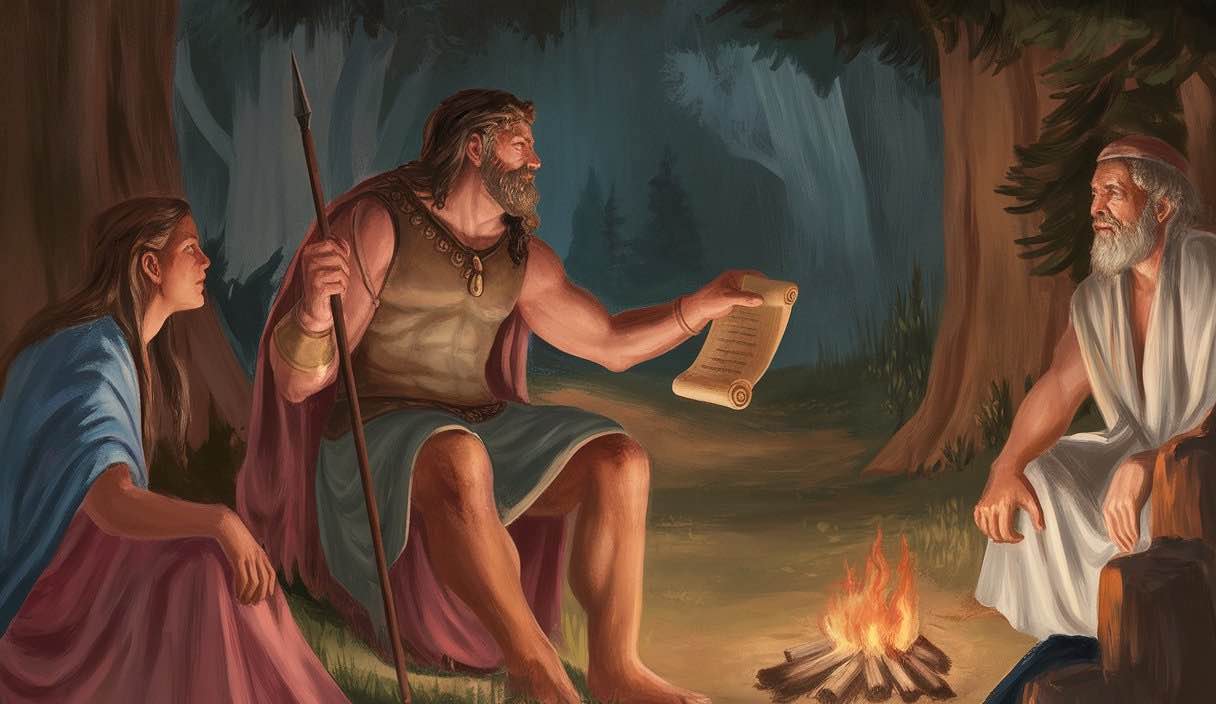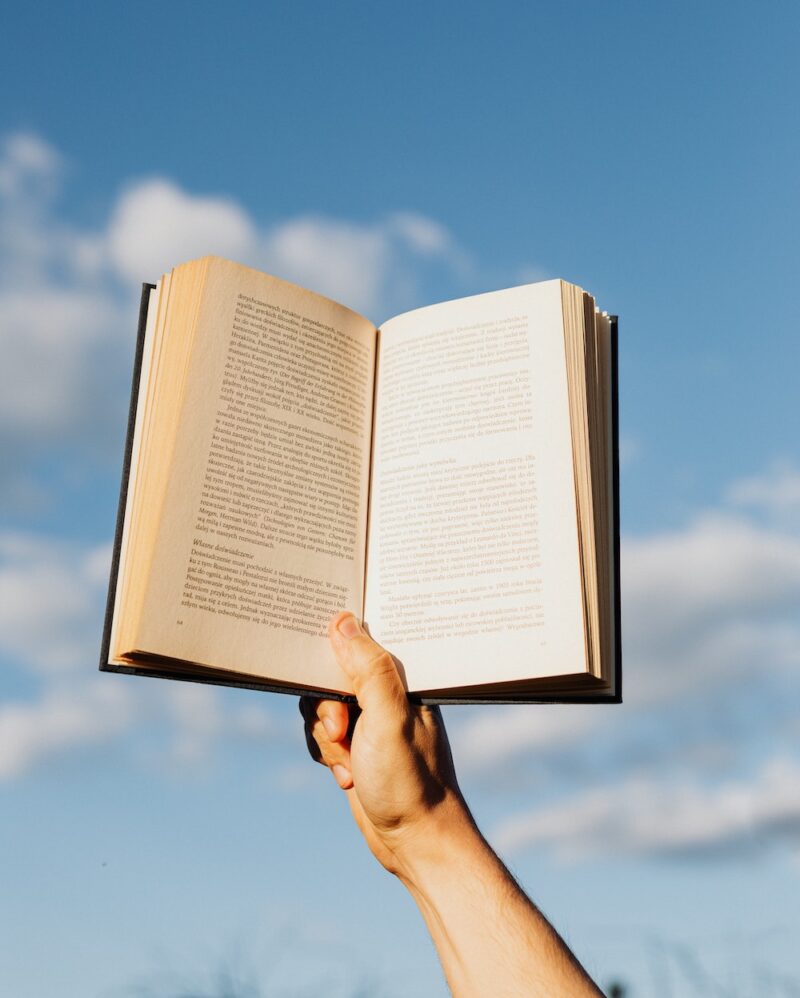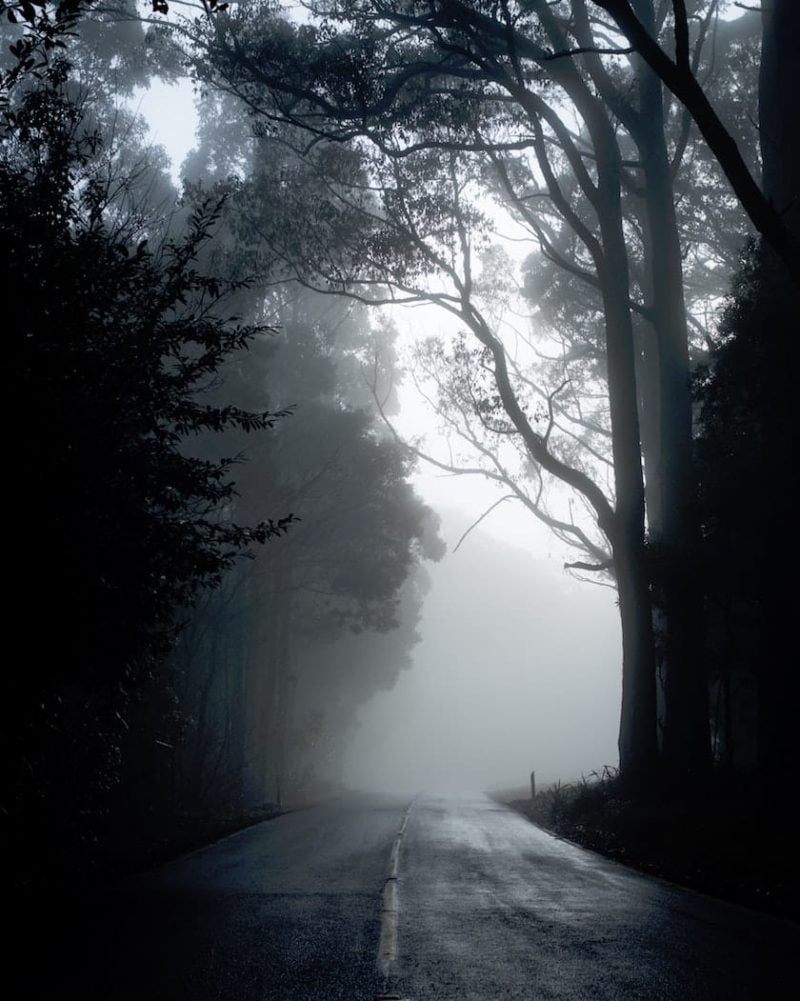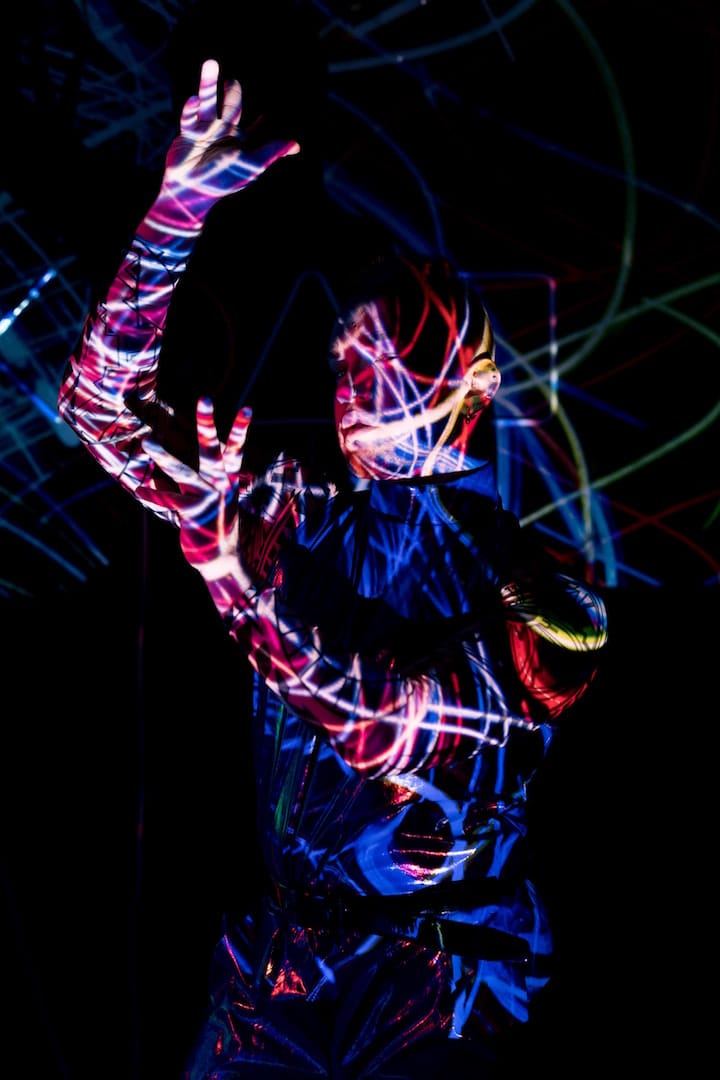Epic poetry stands as one of the most remarkable forms of storytelling, capturing the imaginations of audiences through grand tales of heroism, adventure, and divine intervention. An epic poem is a long narrative poem that portrays the extraordinary exploits of heroes, often intertwined with supernatural elements and rich cultural significance. Rooted in ancient traditions, these poems weave complex narratives that reflect the values and history of the societies from which they originate.
In essence, epic poetry is characterized by grand narratives that highlight heroic deeds and profound themes. Ancient traditions preserved and evolved its unique structure, style, and thematic elements, which now serve as some of its defining features.
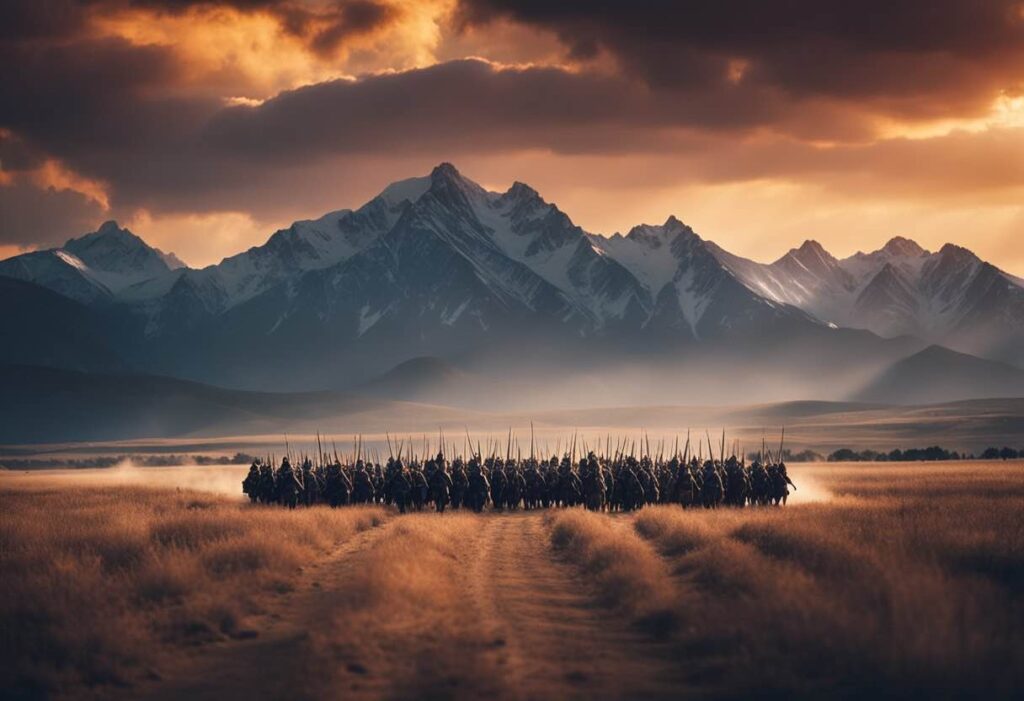
At the heart of epic poetry lies its structured verse, setting it apart from prose forms like novels and short stories. This structured composition enhances the rhythmic quality of the narrative, making it memorable and recitable. Such works, including Homer’s Greek epic poems The Iliad (publ. in English, 1598) and The Odyssey (publ. in English, 1614), and Virgil’s Latin epic poem Aeneid (19 BC), exemplify the intricate blend of storytelling and versification that characterizes this genre. These epics not only convey stories of individual bravery but also illuminate the social and moral fabric of their times.
As epic poetry evolved, it continued to influence modern literature and even found new forms in contemporary works. Writers like Dante, Milton, and Ovid contributed significantly, expanding the scope of epic narratives beyond traditional boundaries. The enduring appeal of epic poetry lies in its ability to transcend time, offering insights into human nature and cultural heritage through powerful and engaging narratives.
Historical Development of Epic Poetry
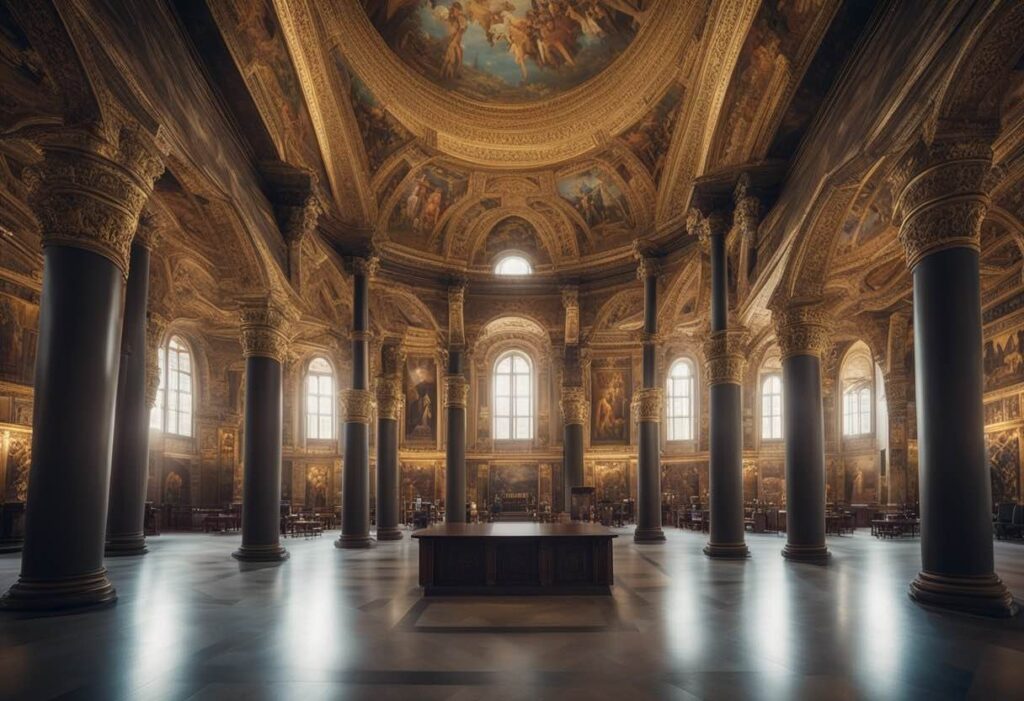
Epic poetry has played a significant role in shaping literature by chronicling the stories of heroes and mythic events while transitioning from oral to written forms. The evolution of epic poetry spans ancient Sumer to the finest literary works of Western civilization.
Origin and Evolution
Epic poetry’s origins are deeply rooted in oral tradition, where stories were memorized and spoken aloud. This oral tradition was crucial in places like Mesopotamia and ancient Sumer. The Epic of Gilgamesh, one of the earliest known epics from around 2100 BCE, tells the story of a Sumerian king’s quest for immortality.
As cultures developed, so did epic poetry. For instance, Homer’s The Iliad and The Odyssey showcased themes of heroism, warfare, and honor, while Indian epics like the Mahabharata and Rāmāyaṇa conveyed spiritual and philosophical messages. These works reflected the cultural and historical contexts of their regions while further evolving the epic form.
Significant Epic Poems and Poets
Major epic poets left indelible marks on literature. Homer, renowned for his Homeric epics, recorded pivotal Greek legends. Virgil, on the other hand, was a Roman poet who crafted The Aeneid, detailing Aeneas’ journey and linking Rome to Troy’s heroic tales.
Dante Alighieri emerged during the medieval period with The Divine Comedy (1321), integrating political, religious, and philosophical themes. John Milton later extended the tradition with Paradise Lost (1667), exploring biblical narratives and human struggles. Each poet contributed unique contexts and perspectives that enriched epic poetry’s development.
Transition from Oral to Written Traditions
The shift from oral to written forms transformed epic poetry significantly. Initially, poets like the Anglo-Saxon Scots shared epics orally, reciting stories like Beowulf (c. 700–1000 AD). Over time, written traditions allowed for more complex and lengthy compositions.
Homer’s works were among the first to be transcribed, preserving Greek myths in written form. This transition expanded the audience and longevity of epics. Additionally, national epics became more prominent. Cultures could now document their histories and values permanently, enhancing understanding across generations.
Features and Conventions of Epic Poetry

Structure and Style
Epic poems are known for their formal and elevated language, often employing dactylic hexameter in their construction. This metrical pattern provides a rhythmic and memorable quality, enhancing the oral storytelling tradition. Frequent use of epic similes and epithets adds vivid imagery and consistent characterization, making characters and events more memorable.
The invocation of the Muse, known as the proem, is a prominent feature in which poets seek divine inspiration at the outset. These stylistic choices set the poem’s tone and context, often reciting heroic journeys that form the core of an epic’s narrative.
Themes and Archetypes
The themes explored in epic poetry are often grand and universal, dealing with heroism, morality, and the interplay with supernatural elements. Epic heroes often find themselves in extraordinary circumstances, undertaking journeys or battles that test their courage and loyalty. Such characters, like those in Homeric epics, communicate higher ideals like honor and sacrifice.
References to Greek mythology and other mythic narratives provide a backdrop against which these themes unfold. This genre often uses foreshadowing to hint at future events, enriching the narrative and ensuring continuity across heroic epics like the Divine Comedy. The traditional characteristics of epic poetry remain timeless, capturing the beauty and complexity of human endeavors.
Further Reading
Epic Poem by curryle, Writing Across Contexts
11 Types of Poetry to Know, With Examples by Lindsay Kramer, Grammarly
